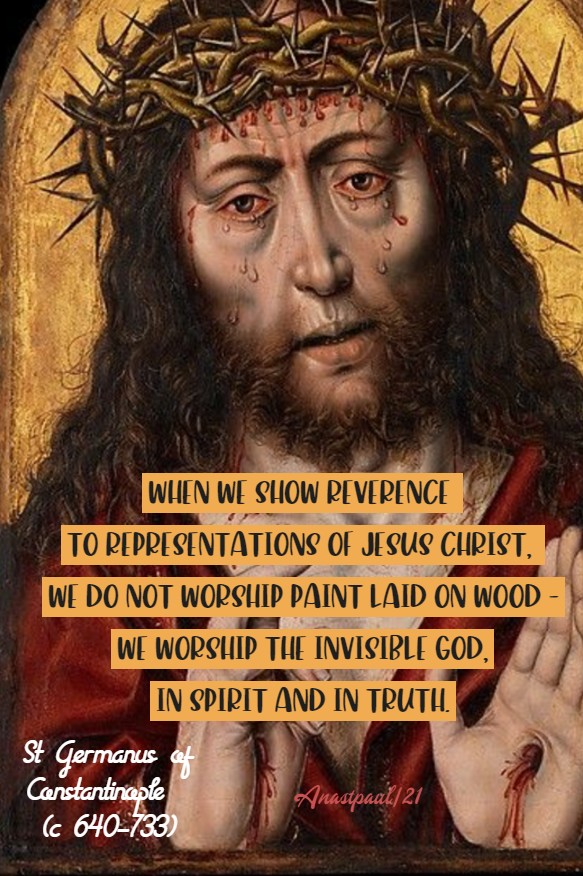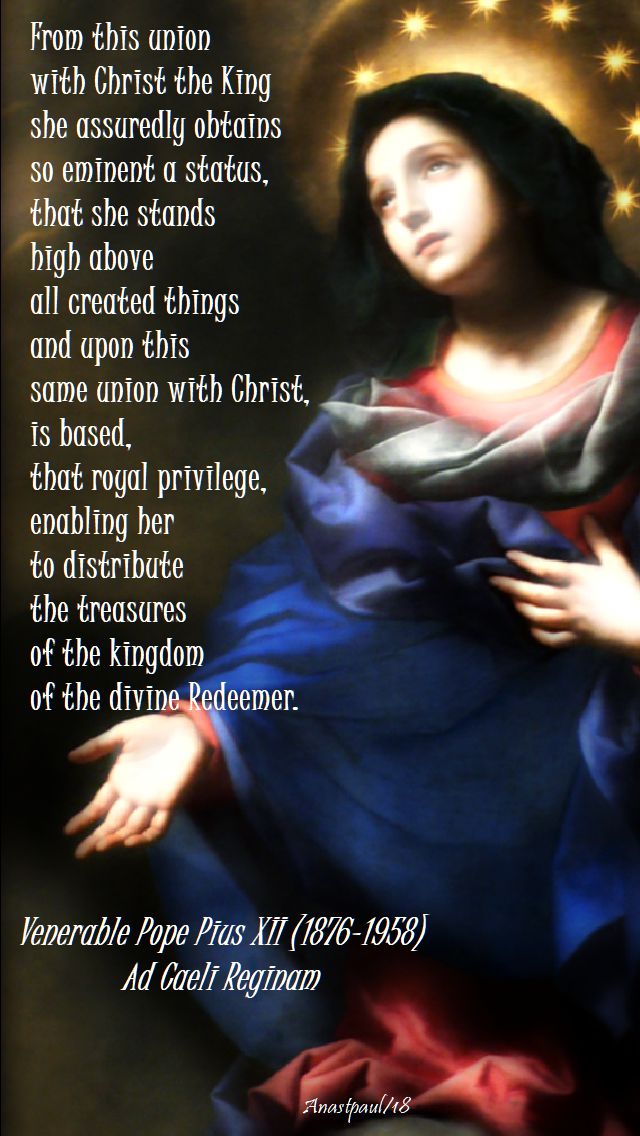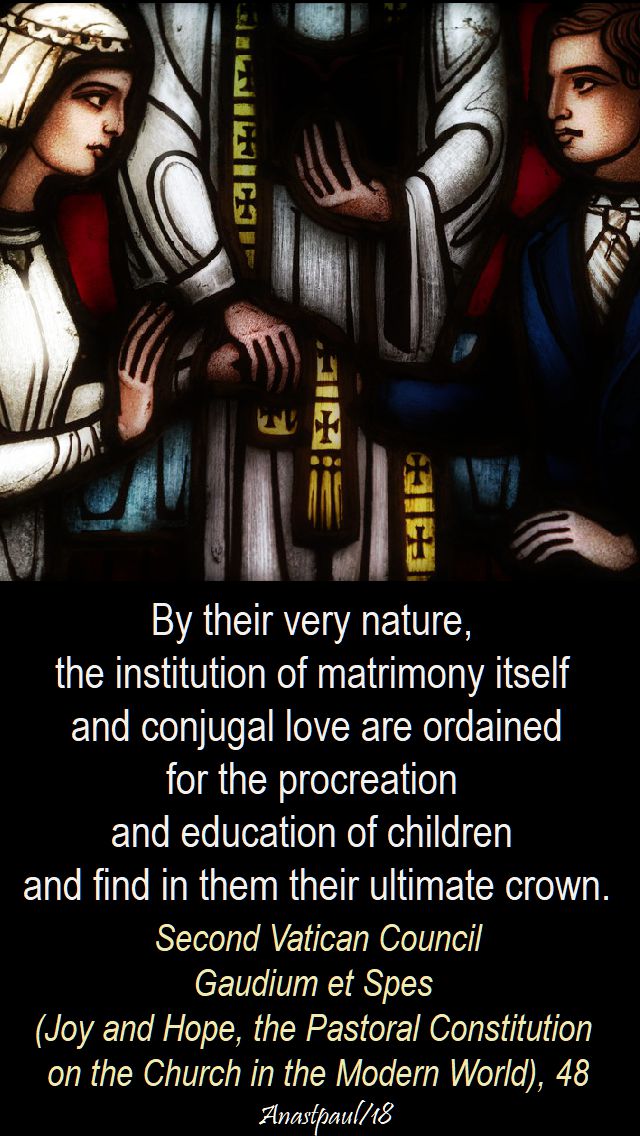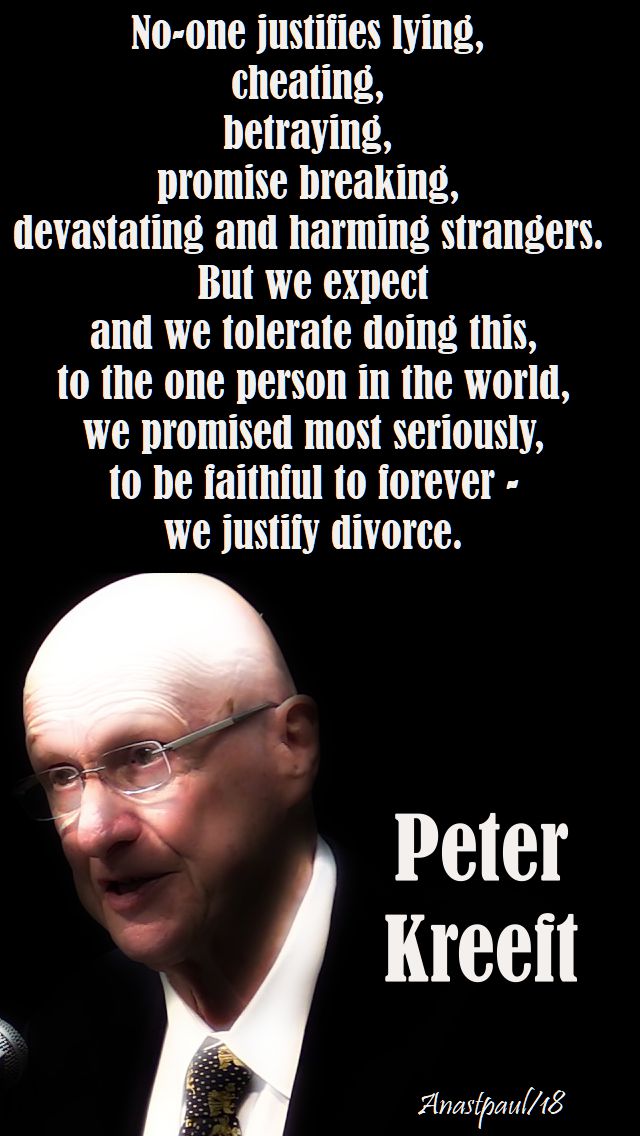Pope Benedict XVI’s Letter Marking St John Paul II’s Birth Centenary
The English translation of this letter,
dated 4 May was released 15 May
by the Polish Bishops’ Conference.
“100 years ago, on 18 May, Pope John Paul II was born in the small Polish town of Wadowice.
After having been divided for over 100 years by three neighbouring major powers of Prussia, Russia, and Austria, Poland regained Her independence at the end of the First World War. It was a historic event that gave birth to great hope but it also demanded much hardship as the new State, in the process of Her reorganisation, continued to feel the pressure of the two Powers of Germany and Russia. In this situation of oppression, bu,t above all, in this situation marked by hope, young Karol Wojtyła grew up. He lost his mother and his brother quite early and, in the end, his father as well, from whom he gained deep and warm piety. The young Karol was particularly drawn by literature and theatre. After passing his final secondary school exam, he chose to study these subjects.
“In order to avoid the deportation, in the fall of 1940 he went to work in a quarry of the Solvay chemical plant.” (cf. Gift and Mystery). “In the fall of 1942, he made the final decision to enter the Seminary of Kraków, which Kraków’s Archbishop Sapieha had secretly established in his residence. As a factory worker, Karol already started studying theology in old textbooks; and so, on 1 November 1946, he could be ordained a priest.” (cf. Ibid.) Of course, Karol not only studied theology in books but also through his experience of the difficult situation that he and his Country found itself in. This is somewhat a characteristic of his whole life and work. He studied books but the questions that they posed, became the reality that he profoundly experienced and lived. As a young Bishop — as an Auxiliary Bishop since 1958 and then Archbishop of Kraków from 1964 — the Second Vatican Council became the school of his entire life and work. The important questions that appeared, especially in connection with the so-called Schema 13 which would subsequently become the Constitution Gaudium et Spes, were questions that were also his own. The answers developed by the Council would pave the way for his mission as Bishop and, later, as Pope.
When Cardinal Wojtyła was elected Successor of St Peter on 16 October 1978, the Church was in a dramatic situation. The deliberations of the Council had been presented to the public as a dispute over the Faith itself, which seemed to deprive the Council of its infallible and unwavering sureness. A Bavarian parish priest, for example, commented on the situation by saying, “In the end, we fell into the wrong faith.” This feeling that nothing was no longer certain, that everything was questioned, was kindled even more by the method of implementation of liturgical reform. In the end, it almost seemed that the liturgy could be created of itself. St Paul VI brought the Council to an end with energy and determination but after its conclusion, he faced ever more pressing problems that ultimately questioned the existence of the Church Herself. At that time, sociologists compared the Church’s situation to the situation of the Soviet Union under the rule of Gorbachev, during which the powerful structure of the Soviet State collapsed under the process of its reform.
Therefore, in essence, an almost impossible task was awaiting the new Pope. Yet, from the first moment on, John Paul II aroused new enthusiasm for Christ and his Church. His words from the sermon at the inauguration of his pontificate: “Do not be afraid! Open, open wide the doors for Christ!” This call and tone would characterise his entire pontificate and made him a liberating restorer of the Church. This was conditioned by the fact that the new Pope came from a country where the Council’s reception had been positive – one of a joyful renewal of everything rather than an attitude of doubt and uncertainty in all.
The Pope travelled the world, having made 104 pastoral voyages, proclaiming the Gospel wherever he went as a message of joy, explaining in this way, the obligation to defend what is Good and to be for Christ.
In his 14 Encyclicals, he comprehensively presented the faith of the Church and its teaching in a human way. By doing this, he inevitably sparked contradiction in Church of the West, clouded by doubt and uncertainty.
It seems important today to define the true centre, from the perspective of which we can read the message contained in the various texts. We could have noticed it at the hour of his death. Pope John Paul II died in the first moments of the newly established Feast of Divine Mercy. Let me first add a brief personal remark that seems an important aspect of the Pope’s nature and work. From the very beginning, John Paul II was deeply touched by the message of Faustina Kowalska, a nun from Kraków, who emphasised Divine Mercy as an essential centre of the Christian faith. She had hoped for the establishment of such a feast day. After consultation, the Pope chose the Second Sunday of Easter. However, before the final decision was made, he asked the Congregation for the Doctrine of the Faith to express its view on the appropriateness of this date. We responded negatively because such an ancient, traditional and meaningful date like the Sunday “in Albis” concluding the Octave of Easter should not be burdened with modern ideas. It was certainly not easy for the Holy Father to accept our reply. Yet, he did so with great humility and accepted our negative response a second time. Finally, he formulated a proposal that left the Second Sunday of Easter in its historical form but included Divine Mercy in its original message. There have often been similar cases in which I was impressed by the humility of this great Pope, who abandoned ideas he cherished because he could not find the approval of the official organs that must be asked according established norms.
When John Paul II took his last breaths on this world, the prayer of the First Vespers of the Feast of Divine Mercy had just ended. This illuminated the hour of his death, the light of God’s mercy stands as a comforting message over his death. In his last book Memory and Identity, which was published on the eve of his death, the Pope once again summarised the message of Divine Mercy. He pointed out that Sister Faustina died before the horrors of the Second World War but already gave the Lord’s answer to all this unbearable strife. It was as if Christ wanted to say through Faustina: “Evil will not get the final victory. The mystery of Easter affirms that good will ultimately be victorious, that life will triumph over death and that love will overcome hatred”.
Throughout his life, the Pope sought to subjectively appropriate the objective centre of Christian faith, the doctrine of salvation and to help others to make it theirs. Through the resurrected Christ, God’s mercy is intended for every individual. Although this centre of Christian existence is given to us only in faith, it is also philosophically significant, because if God’s mercy were not a fact, then we would have to find our way in a world where the ultimate power of good against evil is not recognisable. It is finally, beyond this objective historical significance, indispensable for everyone to know, that in the end God’s mercy is stronger than our weakness. Moreover, at this point, the inner unity of the message of John Paul II and the basic intentions of Pope Francis can also be found – John Paul II is not the moral rigourist as some have partially portrayed him. With the centrality of divine mercy, he gives us the opportunity to accept moral requirement for man, even if we can never fully meet it. Besides, our moral endeavours are made in the light of divine mercy, which proves to be a force that heals for our weakness.
While Pope John Paul II was dying, St Peter’s Square was filled with people, especially many young people, who wanted to meet their Pope one last time. I cannot forget the moment when Archbishop Sandri announced the message of the Pope’s departure. Above all, the moment when the great bell of St Peter’s took up this message remains unforgettable. On the day of his funeral, there were many posters with the words “Santo subito!” It was a cry that rose from the encounter with John Paul II from all sides. Not from the square but also in different intellectual circles the idea of giving John Paul II the title “the Great” was discussed.
The word “saint” indicates God’s sphere and the word “great” the human dimension. According to the Church’s standards, sanctity can be recognised by two criteria – heroic virtues and a miracle. These two standards are closely related. Since the word “heroic virtue” does not mean a kind of Olympic achievement but rather that something becomes visible in and through a person that is not his own but God’s work which becomes recognisable in and through him. This is not a kind of moral competition but the result of renouncing one’s own greatness. The point is, that a person lets God work on him and so God’s work and power become visible through him.
The same applies to the criterion of the miracle – here too, what counts is not that something sensational happening but the visible revelation of God’s healing goodness, which transcends all merely human possibilities. A saint is the man who is open to God and permeated by God. A holy man is the one who leads away from himself and lets us see and recognise God. Checking this juridically, as far as possible, is the purpose of the two processes for Beatification and Canonisation. In the case of John Paul II, both were carried out strictly according to the applicable rules. So, now he stands before us as the Father, who makes God’s mercy and kindness visible to us.
It is more difficult to correctly define the term “great.” In the course of the almost 2,000-year long history of the papacy, the title “the Great” has been maintained only for two popes: Leo I (440 – 461) and Gregory I (590 – 604). In the case of both, the word “great” has a political connotation but precisely because something of the mystery of God himself becomes visible through their political success. Through dialogue, Leo the Great was able to convince Attila, the Prince of Huns, to spare Rome – the city of the Apostolic Princes Peter and Paul. Without weapons, without military or political power, through the power of his conviction for his faith, he was able to convince the feared tyrant to spare Rome. In the struggle between the spirit and power, the spirit proved stronger.
Gregory I’s success was not as spectacular but he was repeatedly able to protect Rome against the Lombard — here too, by opposing the spirit against power and winning the victory of the spirit.
If we compare both stories with that of John Paul II, the similarity is unmistakable. John Paul II also had no military or political power. During the discussion about the future shape of Europe and Germany in February 1945, it was said that the Pope’s reaction should also be taken into account. Stalin then asked: “How many divisions does the Pope have?” Well, he had no available division. However, the power of faith turned out to be a force that finally unhinged the Soviet power system in 1989 and made a new beginning possible. Undisputedly, the Pope’s faith was an essential element in the collapse of the powers. And so, the greatness that appeared in Leo I and Gregory I is certainly also visible here.
Let us leave open the question of whether the epithet “the great” will prevail or not. It is true that God’s power and goodness have become visible to all of us in John Paul II. In a time when the Church is again suffering from the oppression of evil, he is for us a sign of hope and confidence.”
On the Anniversary of his Birth, we ask for his intercession.
Vatican Official Prayer to St John Paul II
Oh, St John Paul, from the window of heaven, grant us your blessing!
Bless the church that you loved and served and guided,
courageously leading it along the paths of the world,
in order to bring Jesus to everyone and everyone to Jesus.
Bless the young, who were your great passion.
Help them dream again, help them look up high again,
to find the light that illuminates the paths of life here on earth.
May you bless families, bless each family!
You warned of Satan’s assault against this precious
and indispensable divine spark that God lit on earth.
St John Paul, with your prayer, may you protect the family
and every life that blossoms from the family.
Pray for the whole world, which is still marked by tensions,
wars and injustice.
You tackled war by invoking dialogue and planting the seeds of love:
pray for us so that we may be tireless sowers of peace.
Oh St John Paul, from heaven’s window,
where we see you next to Mary,
send God’s blessing down upon us all.
Amen
St John Paul, Pray for Us!





























You must be logged in to post a comment.